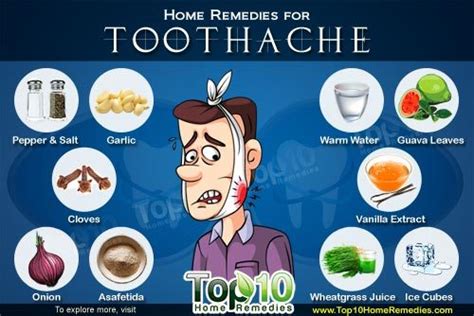How to Stop a Toothache Fast: Home Remedies and When to See a Dentist
A throbbing toothache can be excruciating, making it hard to eat, sleep, or even concentrate. While nothing replaces professional dental care, several home remedies can offer quick relief until you can see your dentist. This guide explores effective ways to manage toothache pain and when it's crucial to seek professional help.
Understanding Toothache Causes
Before diving into remedies, it's important to understand what causes toothaches. Common culprits include:
- Cavities: These holes in your tooth enamel allow bacteria to reach the inner layers, causing infection and pain.
- Gum disease (gingivitis or periodontitis): Inflammation and infection of the gums can lead to significant discomfort.
- Abscessed tooth: A serious infection at the root of a tooth, requiring immediate dental attention.
- Cracked or chipped tooth: Exposure of the inner tooth structure to irritants can cause sharp pain.
- Loose filling or crown: Gaps between a filling or crown and the tooth can harbor bacteria and lead to pain.
- Teeth grinding (bruxism): This can wear down enamel and cause jaw pain that might feel like a toothache.
Fast Relief: Home Remedies for Toothaches
These home remedies can provide temporary relief, but remember they are not a substitute for professional dental care:
1. Saltwater Rinse
Dissolving a teaspoon of salt in a glass of warm water creates a soothing rinse. The salt's antiseptic properties can help reduce inflammation and kill bacteria. Gently swish the solution around your mouth for 30-60 seconds, then spit it out. Repeat several times a day.
2. Cold Compress
Applying a cold compress to your cheek near the affected tooth can help numb the area and reduce swelling. Wrap a few ice cubes in a thin cloth and apply it for 15-20 minutes at a time, repeating as needed. Never apply ice directly to your skin.
3. Over-the-Counter Pain Relievers
Ibuprofen (Advil, Motrin) or acetaminophen (Tylenol) can help manage toothache pain. Follow the dosage instructions on the packaging carefully.
4. Clove Oil
Clove oil has natural anesthetic properties. Dab a small amount of clove oil onto a cotton swab and gently apply it to the affected tooth. Use cautiously, as it can irritate sensitive gums.
5. Peppermint Tea Bag
Steep a peppermint tea bag and let it cool slightly. Place the cooled tea bag directly on the aching tooth for a few minutes. Peppermint has mild numbing and anti-inflammatory properties.
When to See a Dentist Immediately
While home remedies can offer temporary relief, some situations demand immediate professional attention:
- Severe or persistent pain: If your toothache is unbearable or doesn't improve with home remedies, see a dentist right away.
- Swelling: Significant swelling in your face or jaw indicates a serious infection.
- Fever: A high fever accompanies severe dental infections.
- Difficulty opening your mouth: This could signal a severe infection or abscess.
- Pus: Noticeable pus around the affected tooth is a clear sign of infection.
Ignoring a serious toothache can lead to complications like abscesses, infections spreading to other areas, and even loss of the tooth. Don't delay seeking professional help if you experience any of these symptoms.
Preventing Future Toothaches
Practicing good oral hygiene is key to preventing toothaches:
- Brush your teeth twice a day: Use fluoride toothpaste and a soft-bristled brush.
- Floss daily: Remove food particles and plaque from between your teeth.
- Regular dental checkups: Visit your dentist for professional cleanings and examinations at least twice a year.
- Healthy Diet: Limit sugary and acidic foods and drinks.
By following these tips, you can significantly reduce your risk of experiencing toothaches and maintain a healthy smile. Remember, early intervention is crucial when it comes to dental health. Don't hesitate to contact your dentist if you have any concerns.
